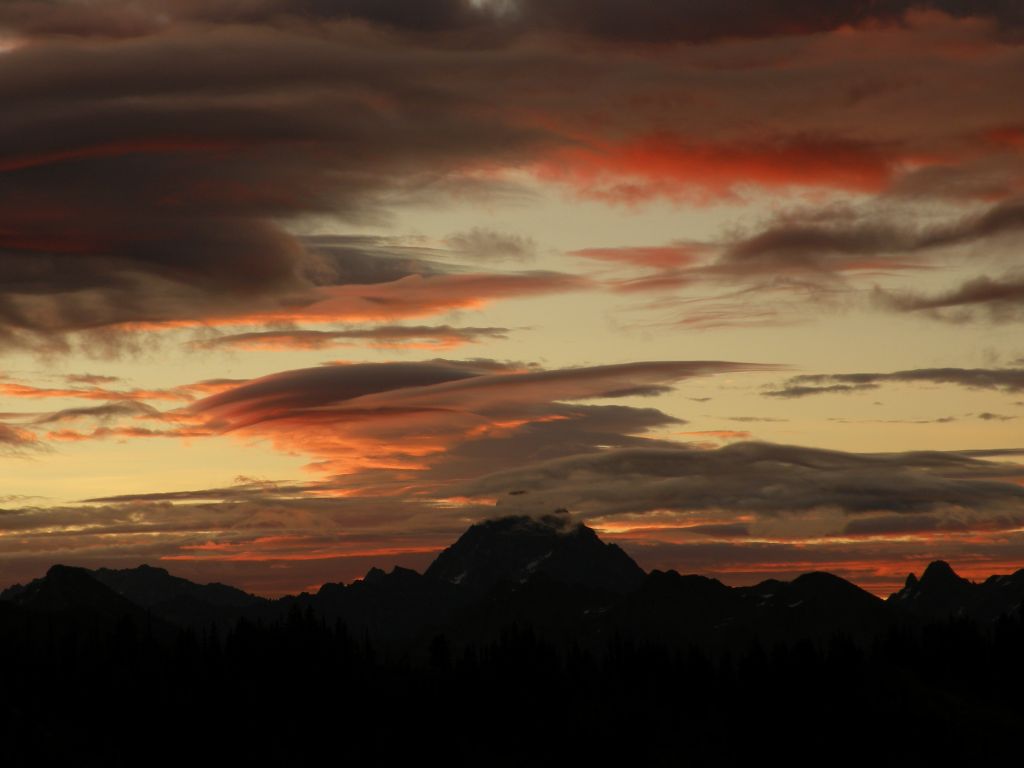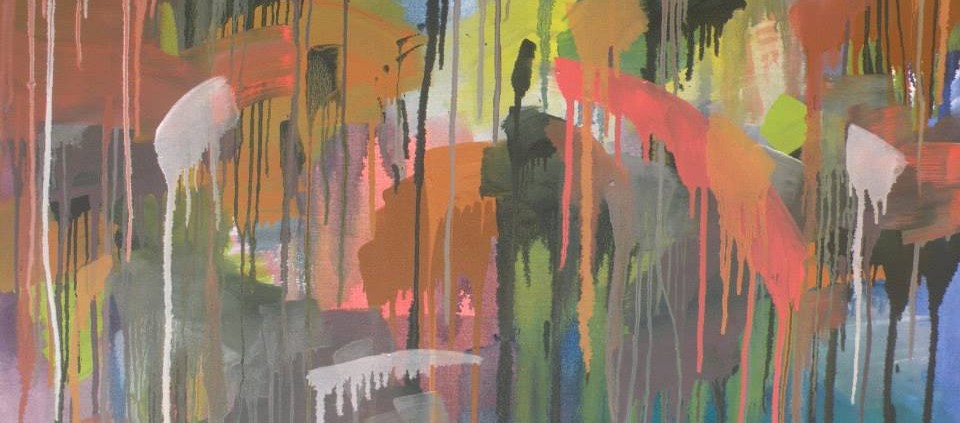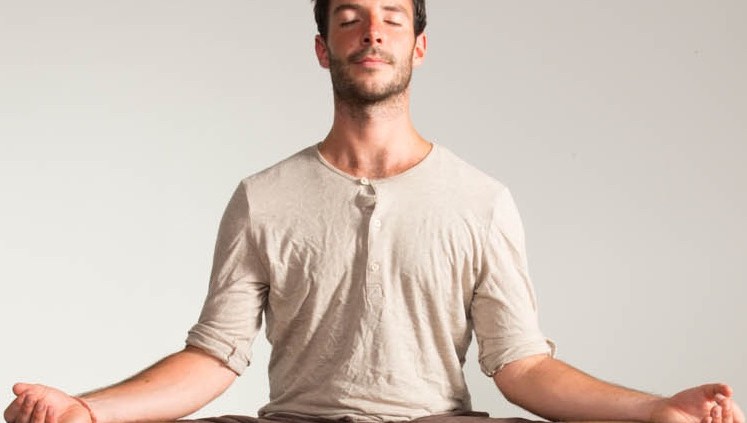Taking the Plunge: Part 3
It has been a slow plunge to take fully, but I am now solidly submerged. I just read an article in the New Yorker, so my thoughts are filtered through the lens of what it is like to be a twentysomething.
This past Thursday was the last day at my office job. I’ve been working two days a week for about 4 months now, which has been amazing but not perfect. I’ve been able to pay all my bills, and so not draw down my savings which I planned to keep me afloat for about the next year or so. The year or so starts now. Some imperfections of part-time: a gradual feeling of disconnect from the work, making it more and more rote as the weeks go by. A feeling of not-entire commitment to art and creativity. An excuse to not get a lot of other work done, because, hey, my bills are paid.
Already, life is coming into focus. I am twenty-eight. I have no income, but I have no doubt that I could have income if I needed it. I have a bachelor’s degree in physics, a master’s degree in geology, I’ve worked in sustainable agriculture, carpentry, and green building, and I have a feeling that none of them are where I want to put my life’s effort. I am planning to apply to art school in Iceland, but also have no idea how long I’ll want to do that. I am currently reading about five good books and have no conception (literally, zero) of where I will be in two or five or ten years. I am single and have been for a while, and I can’t really imagine what it would be like to incorporate another person into my life. I am not usually lonely. I spend between one and two dozen hours a week at coffee shops. I try to make art and play music everyday, but rarely manage for three days in a row. I am working on starting a tiny hummus business. I exercise twice most days and meditate about five times a week. I am about to take a 10-day road trip to Southern California because I have that much free time. I am completely at sea and full of contradiction, and I am the happiest I’ve ever been.
It is hard to say what is going on. I have always thought that happiness would come through some greater purpose, by some well-examined life on a direct path to some clear-cut definition of success. I have always been competitive and driven, but I have not always been happy. Now that I am relatively aimless, I feel present and alive and exuberant. I have the time to be inspired by life. I laugh when the sun is out in the morning (a rarity in wintertime Seattle). I also laugh when it is raining, thinking about all the people grumbling. I laugh at the way raindrops ripple a puddle. If you had a recording of my life, you would think I was crazy, laughing all the time and grinning while I walk around town in the cold and damp. There are some concrete things that contribute to this behavior: low but daily doses of caffeine, vitamin D supplements, consistent exercise, lack of internet/TV/media, good sleep. But it is the intangibles that really do the trick. Freedom of time and space in good measure (not so much as to be bogged down by choice), quality socializing, a clear mind (aided enormously by the lack of internet/TV/media), a desire for creativity, expression, and openness.
Will this happiness last? I don’t know. I do feel a push for something bigger, but a lot of the things I’m chipping away at now could be bigger at some point. I’ll probably start volunteering when I’m back from my road trip, which should help inre: purpose, community, socializing. But here’s why I think this all might be valuable even if I never become a successful artist or writer or musician. I feel like I am teaching my brain how to be happy. I’ve been reading a bunch of neuroscience-y books, and it sounds like this is possible. Maybe the most important thing I am accomplishing right now is setting up pathways in my brain that will persist beyond this expansionary phase of my life (although I don’t plan for this phase to end). I’m about to read Happiness, which I think will solidify these ideas and probably be life-changing in lots of positive ways. Also good: A General Theory of Love, The Geography of Bliss, anything by Rumi.
People seem to be worried about whether this life is economically feasible. I guess my response is, what’s the point of having an economically feasible life if it isn’t one you want? Is the purpose of our perplexingly short time on this planet to make ends meet? Of course not. To be slightly pragmatic yet thoroughly optimistic: if I am deeply happy and intensely satisfied with what I am doing with my life, and willing to share that with others, it will become economically feasible. If I make bad art long enough and love doing it, it will get better. If I am a terrible writer for ten years and put my heart and soul into it, at some point I’ll be a good writer. If my fingers are slow on the guitar and my voice is out of tune, but I do it every day because there is nothing I’d rather be doing, eventually I’ll play beautifully. I feel lucky to have a head start on so many good things, and to be in a place where I can focus on expanding my own awareness of life. So here I am, submerged.



